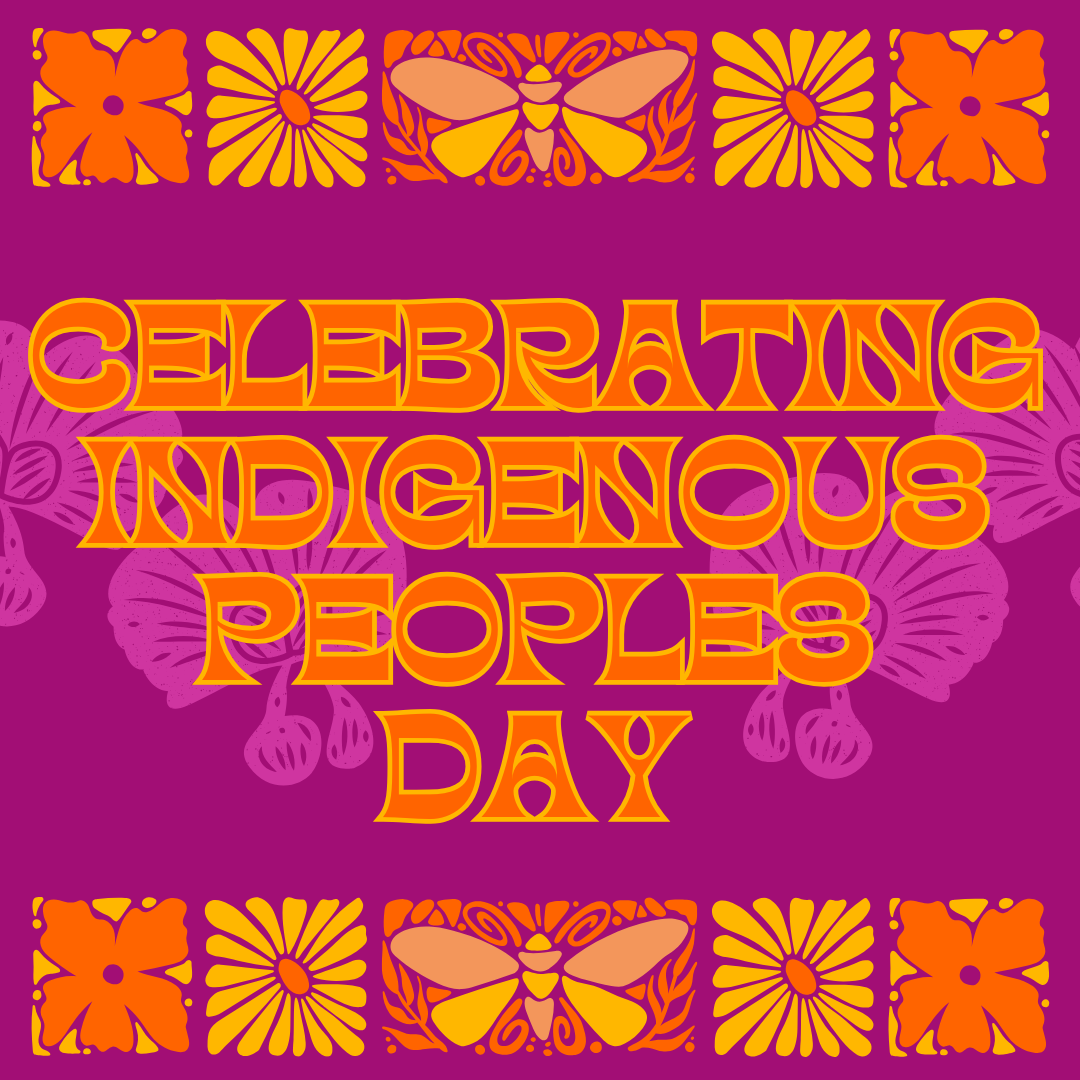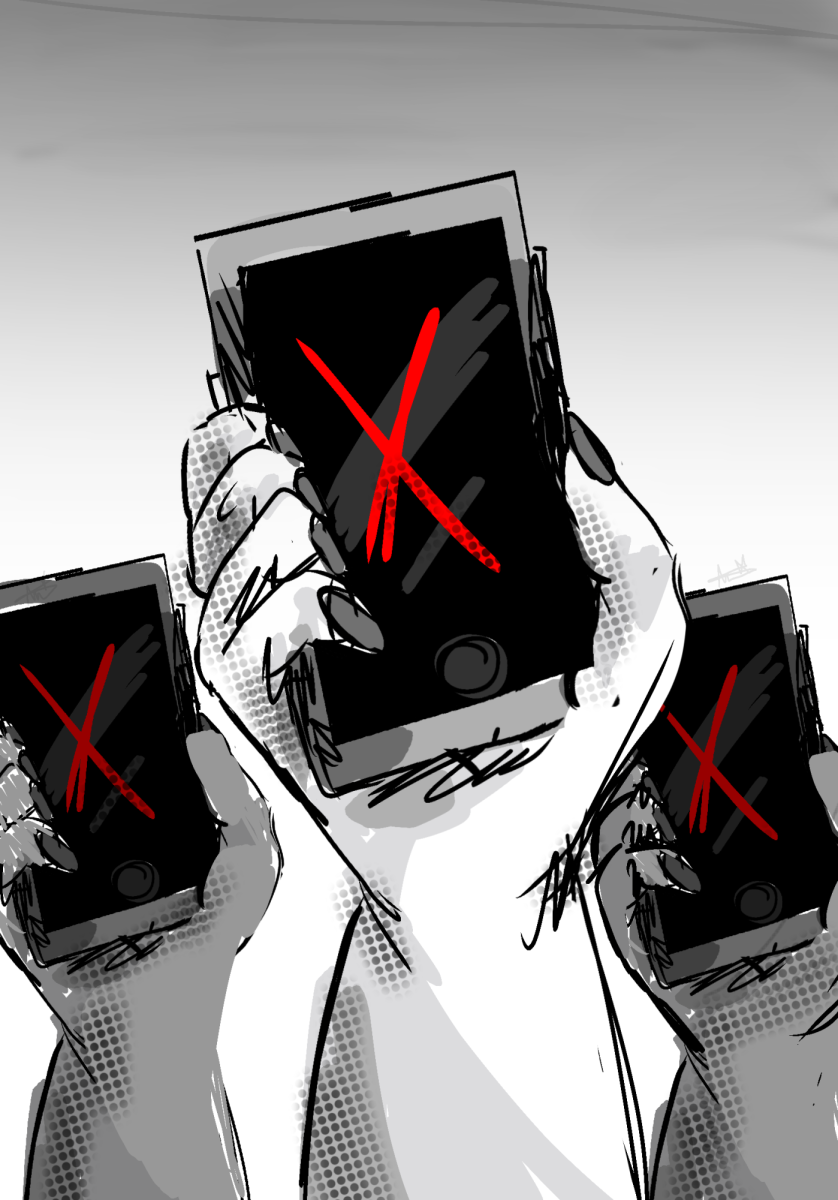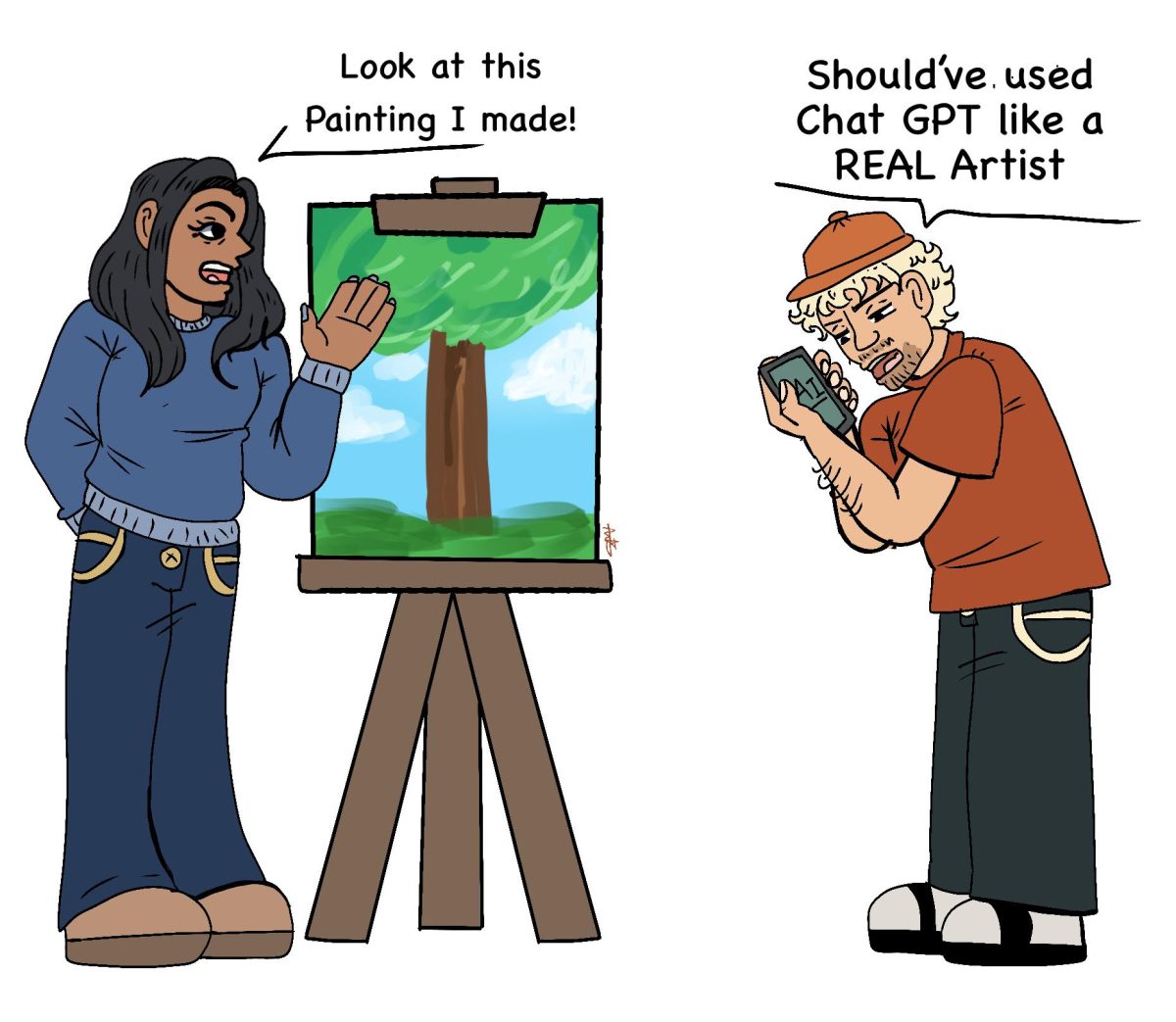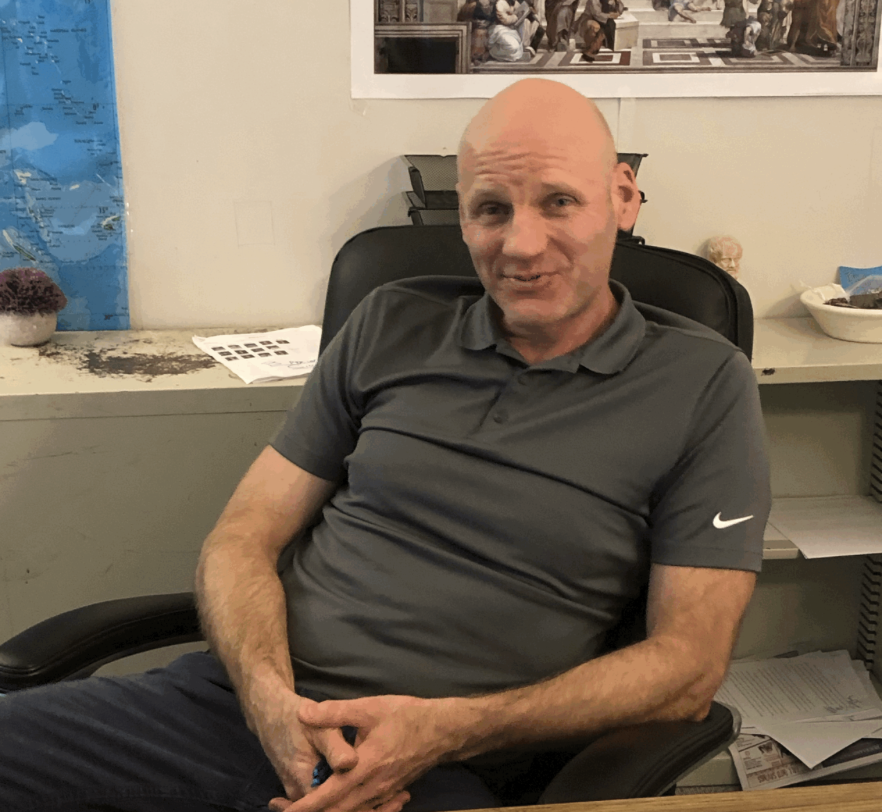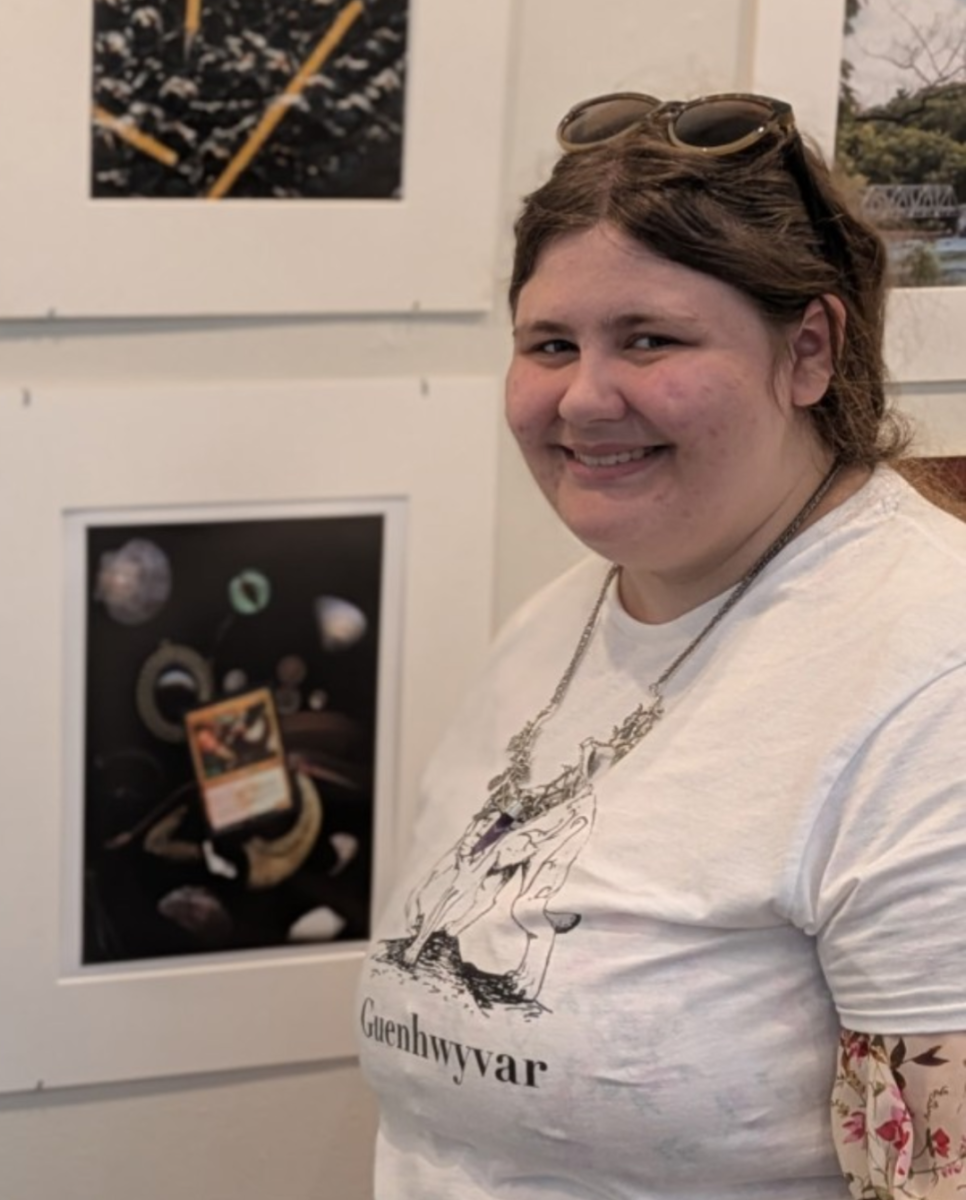New Hampshire’s new law, House Bill 1014, makes it illegal for teachers, school staff, and local governments to refer to the second Monday in October as anything other than Columbus Day. The law, which went into effect on Sep. 10, 2024, states that all “official communications, publications, and documents” must use the federal holiday’s legal name.
This means Dec. 25 must be called Christmas, the third Monday in January must be called Martin Luther King Day, and so forth.
This is censorship. Staff members are now banned from using the name, Indigenous People’s Day, in schools or government spaces— even though that’s what many believe the day should be labeled.
Yet, some people argue in favor of keeping Columbus Day, because it’s what they’ve always called it, as this name has been part of school calendars and public traditions for decades. However, being “used to” something doesn’t make it right— especially when the full truth about Christopher Columbus is well documented.
According to the Harvard Graduate School of Education, “many are deciding to rename and refocus the holiday” in order to “honor the people whose lives and cultures were irreparably damaged by the colonial conquest.” His arrival to the Americas lead to “the violent abuse of Indigenous peoples, the launch of the transatlantic slave trade and the introduction of a swath of lethal disease to an unprepared continent.”
That’s why communities across the U.S. are taking steps to redirect the way the holiday is celebrated. An article written in 2019 by NPR brings one of those voices to the spotlight. Baley Champagne, a citizen of the United Houma Nation in Louisiana, helped push for a change in her home state.
“It’s about celebrating people instead of thinking about somebody who actually caused genocide on a population or tried to cause the genocide of an entire population,” Champagne said in the article. “By bringing Indigenous Peoples’ Day, we’re bringing awareness that we’re not going to allow someone like that to be glorified into a hero, because of the hurt that he caused to Indigenous people of America.”
Even John M. Viola, former president of the National Italian American Foundation, acknowledged in a New York Times editorial that we should rethink how we use history. Not to erase it, but to “reimagine [it] to represent new values for our future.” Because the National Italian American Foundation has long defended Columbus Day as a key part of Italian American identity, hearing support for Indigenous Peoples’ Day from someone connected to the group represents a significant departure from what the foundation has publicly stood for.
New Hampshire’s law goes against that national momentum. It doesn’t protect history, it protects a myth and it silences staff, students, and citizens who want to respect the truth.
People should spend this day recognizing the abused, not the abuser, and that starts with having the freedom to call this day what it truly is: Indigenous People’s Day.



